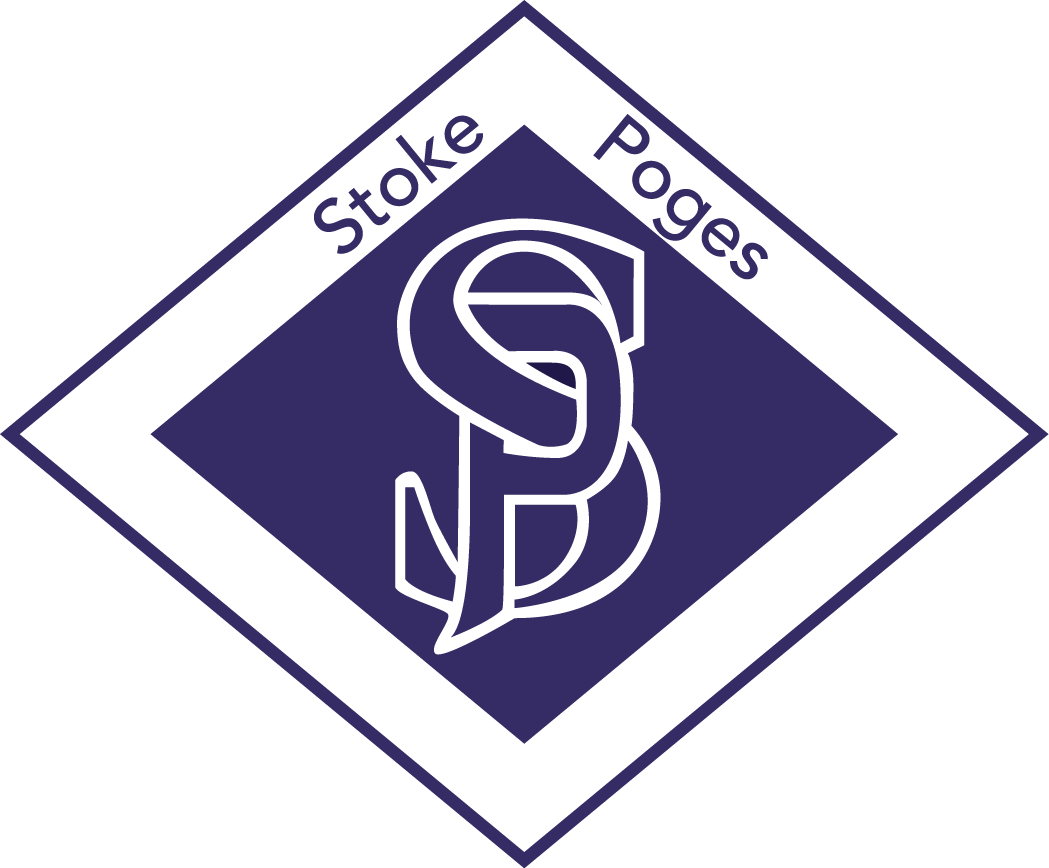- Home
- Year Group Information
- Reception
- How to Help your Child at Home
- Communication and Language Development
Communication and Language Development
We are pleased to share below, the 'Parent Cards' from this year's Communication Week. These cards give top tips on developing your child's Communication and Language skills and some fantastic links to websites such as Cbeebies, BBC Teach and Book Trust. We hope you find them useful.
Please click on the attachments below.
